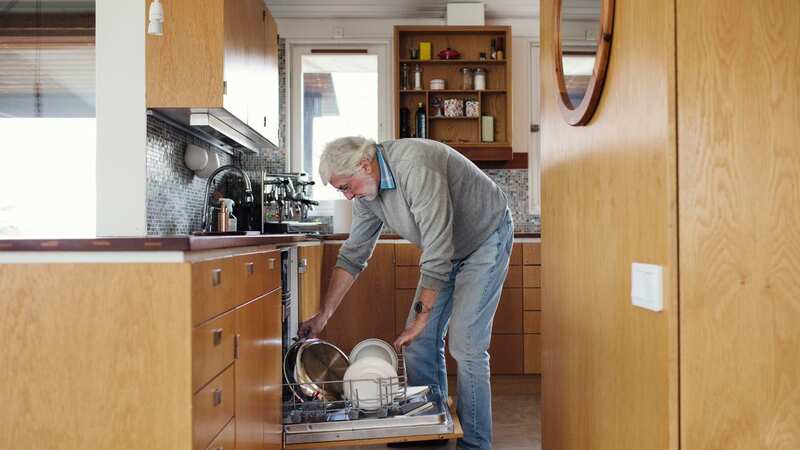'I'm a dishwasher expert - stacking it the correct way gets sparkling results'

Loading the dishwasher is a skill that you naturally possess, or you don't - but you can learn how to improve, as stacking it properly will ensure your plates and cutlery come out sparkling each time.
You may feel as though you can bung everything in, put in a dishwasher tablet, maybe some rinse-aid, choose a setting, and just sit back and hope for the best - but one expert has shared the best ways to load your dishwasher to ensure that items you're taking out look as good as new.
Matt Ayres, appliance expert at RDO Kitchens and Appliances shared that despite what you may think, dishes shouldn't be rinsed before being placed in the dishwasher, as it's "not necessary."
"Many modern dishwashers use sensors to determine how dirty the dishes are, and giving them a pre-rinse might tell your dishwasher that the dishes need a less thorough wash", reports The Express. He shared that dishwasher detergent is also designed to "cling to scraps on the dishes" which is "effective." You just need to make sure there are no chunks of food or crumbs on there.
According to the expert, the organisation of the dishwasher is key too, to get the most out of it. Matt said that you should "avoid placing dishes too close together", as this will stop the soap from being able to clean the items in the dishwasher effectively. He also recommended that "dishes on the bottom rack should face upwards while dishes on the top rack should face downwards."
 Cleaning guru shares why you shouldn't make your bed first thing in the morning
Cleaning guru shares why you shouldn't make your bed first thing in the morning
When it comes to drying, dishes should be "placed at an angle", to ensure that "water can run off the surface" once the cycle has finished.
You may just shove your cutlery in your dishwasher, without giving it a second thought - but the best way to do it is actually a combination of up and down. Knives should be placed with their sharp edge facing down, but forks and spoons are best placed with the handles facing down. This means that the cutlery can receive plenty of spray, as well as preventing forks and spoons from nesting together.
Matt also shared it's important to inspect your dishwasher regularly, saying: "Neglecting dishwasher maintenance can result in poorly cleaned dishes." This is to "prevent a build-up of food", "grime and mould." He also said it's important to hand wash some items, such as non-stick cookware, delicate glassware, and sharp knives.
Read more similar news:
Comments:
comments powered by Disqus

































